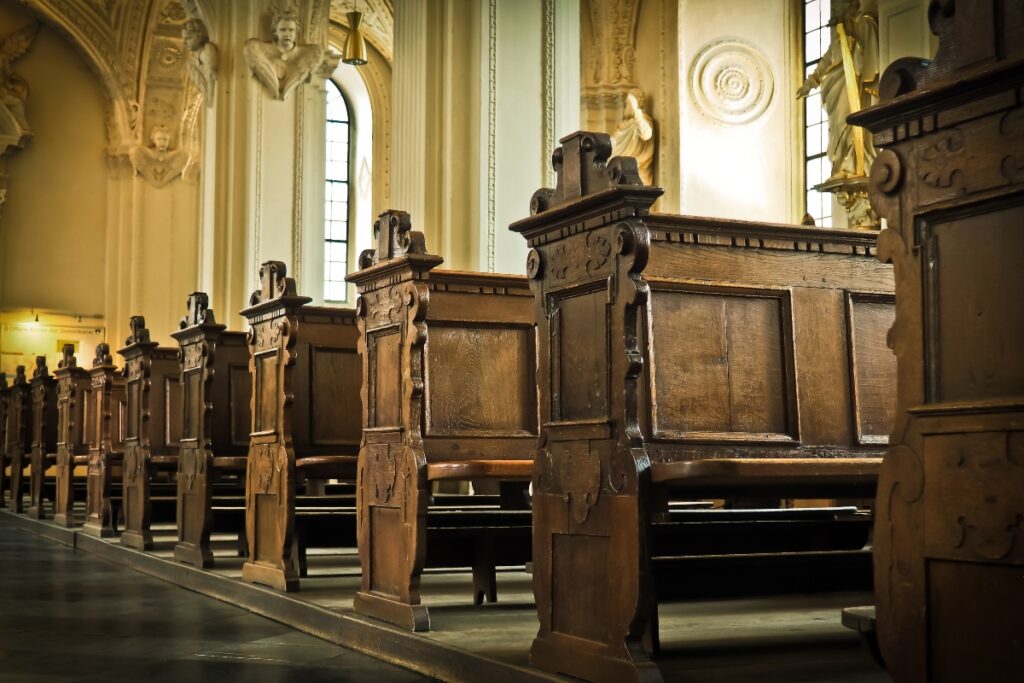A church founded by former slaves, back in 1884, has endured flash floods, the destruction of its building in a storm, the loss of another building in a fire, a trip through receivership and much, much more.
By Bob Unruh, WND News Service. Used with permission.
OPINION: This article may contain commentary which reflects the author’s opinion.
But it’s being prevented from holding its worship services and functioning as a ministry right now because its neighbors don’t like it.
That’s according to a report from First Liberty Institute, which recently sent a demand letter to the city of Addison, Texas, insisting that needed permits for improvements at the building be issued.
The congregation is the White Rock Chapel, which is designated a historic site by the Texas Historical Commission.
“It’s a shame that some residents in the neighborhood are opposing the church’s right to exist and aim to banish this historic landmark that symbolizes the freedoms granted to all Americans,” explained Ryan Gardner, First Liberty lawyer. “The city should ignore the heckling of a handful of neighbors and allow this small, African American church to exemplify the core values of unity, diversity, and religious freedom that strengthen all communities.”
The original was on the banks of White Rock Creek after emancipation. It was moved to higher ground after years of flash floods.
“In August 2018, the current owners of White Rock Chapel purchased the property and brought it out of receivership. By doing so, they saved this historic church from demolition and preserved its rich history and legacy. They then sought building permits to restore the property,” the institute said.
But the city council denied the permits even after they were advanced by the city’s planning and zoning commission.
“The city’s denial deprives a historic church—founded almost 150 years ago by formerly enslaved men and women—of its right to religious exercise. More specifically, the city prevents the church from making essential improvements so that it can continue to exist as a place of worship. A small but influential group of opponents have fought—thus far successfully—to stop the church from doing so. But the law is clear. Opposition by a few, no matter how hostile or influential they are, cannot override the church’s right of religious exercise,” the letter said.
Facing the need for improvements or repairs, the church asked the city for permits to do those projects, and as part of the process, comments from neighbors were solicited.
“A fierce and organized neighborhood resistance developed against the chapel,” the report said, and the city took action by “bowing to that pressure.”
Despite multiple concessions on the part of the church, some critics refused to cooperate, leading to a rejection of the permits by the city council even thought the Planning and Zoning Commission has approved them.
The institute blamed the actions on the “unrelenting opposition from neighbors.”
But rejecting the church’s requests to facilitate its worship “violates the protected rights of White Rock Chapel” under the First Amendment, RLIUPA and others laws, the legal team explained.
“Because the Council denied White Rock Chapel’s Permit, it barred any possibility for White Rock Chapel to function and exist. Such a deliberate prohibition is in direct violation of state and federal law and constitutionally protected freedoms. The Council must immediately approve of a Permit that will allow White Rock Chapel to engage in religious and educational activities. Should the Council nevertheless persist in its denial of White Rock Chapel’s right to religious exercises, it will pursue all available legal options, not limited to the principles articulated herein,” the letter said.



